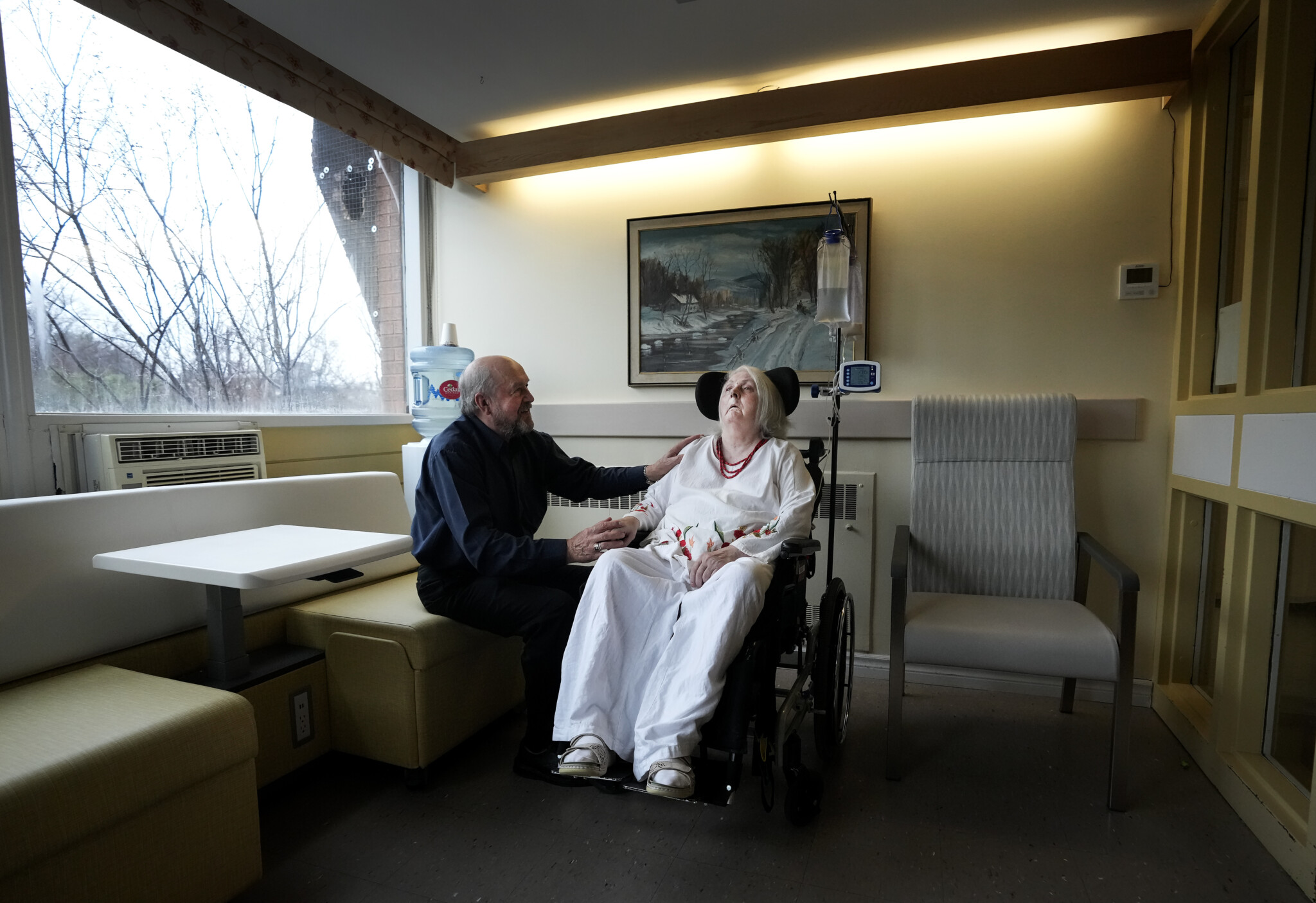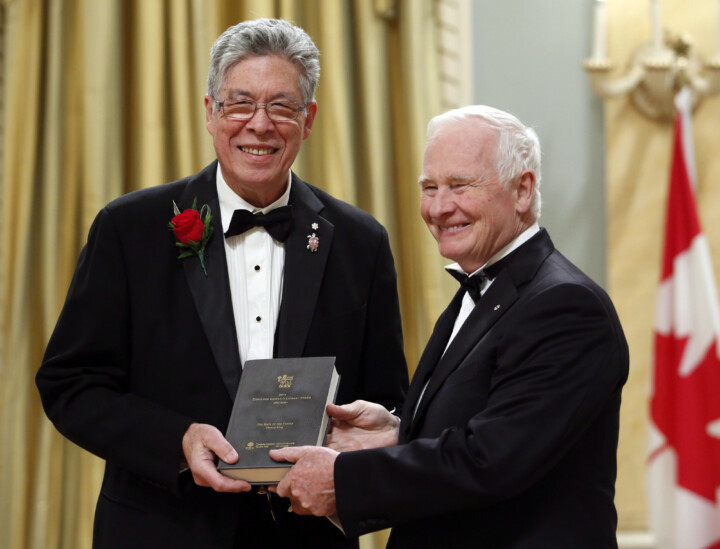Each Medical Assistance in Dying (MAID) practitioner is meant to follow the criminal law. Yet Dirk Huyer, Ontario’s chief coroner, at first publicly, and then for years privately, warned that there is a “pattern of noncompliance” by physicians and nurses with the criminal law on MAID. More than 428 flagged cases later, as I wrote in a recent investigative report for The New Atlantis, no one is listening.
In theory, Canada should have one of the strictest assisted dying laws in the world. MAID is legal in Canada only under specific criteria. In 2016, following a unanimous Supreme Court ruling in Carter v. Canada, Justin Trudeau decriminalized culpable homicide and counselling or aiding suicide in the Criminal Code, only if done by a physician or a nurse practitioner and if each eligibility requirement for MAID is met. Otherwise, clinicians would not be immune through these exemptions in the Criminal Code.
Some of these requirements include having a grievous and irremediable medical condition, a voluntary request to die not because of external pressure, and the ability to give informed consent. Failure by a physician or a nurse practitioner to submit necessary information on a MAID provision—or failure to inform a pharmacist of the purpose of the MAID prescriptions or to follow provincial guidelines—is also punishable by a prison sentence. It means that a clinician who does not follow any of these rules faces serious criminal punishment.
In theory, oversight of MAID cases is a no-brainer. The Canadian Association of MAID Assessors and Providers (CAMAP) agrees with the Supreme Court in Carter that only a “carefully designed and monitored system of safeguards” could protect vulnerable patients. CAMAP’s position statement on the oversight of MAID “recognizes the need for oversight,” including the guiding principle that it “maintains the public trust and provides accountability for the delivery of MAID against the legislative framework and safeguards.”
Yet at the 2018 annual convention for CAMAP, the official summary of the proceedings also described how Quebec’s independent monitoring for assisted dying, Commission des soins de fin de vie, was too thorough: “Reviewing 43 percent of all MAID cases is considered harassment by providers.” CAMAP won. In the 2023 fiscal year, the independent monitoring agency in Quebec sent for further review only 4 percent of MAID cases; and in Ontario, the chief coroner of Ontario classified only 6 percent of MAID cases for full review.
Prominent MAID providers assured the public that there is nothing amiss with MAID, even as fewer MAID deaths were reviewed. “If I break the rules anywhere, there’s criminal liability sitting in the back of my head,” said Stefanie Green, the past president of the CAMAP. Chantal Perrot, meanwhile, recently told The Guardian that “I have never heard of a case of the MAID criteria being applied wrongly or abusively, or someone who has received MAID who should not have. I’ve heard of none reported by any of the coroner’s offices or any of their provincial oversight groups.”
But over the summer, Michel Bureau, the head of Quebec’s independent monitoring board issued a public appeal that MAID cases in Quebec “are approaching the limits of the law.” It was a curious statement, all the more curious because his office’s annual report on MAID invented a new category of illness last year, a Canadian invention—under cancer, neurodegenerative disease, and other illnesses or disabilities, his office found that 14 patients’ underlying diagnosis for MAID was “no grievous and irremediable illness as defined by Quebec’s law on MAID.” This year, his office identified another 8 patients who had no illness or disability that could have even theoretically qualified for MAID. Is this approaching the law—or crossing it?
In Ontario, as I write in my report, we now know the answer. Huyer, tasked by Health Canada and the College of Physicians and Surgeons of Ontario to be the sole agency responsible for oversight of MAID in Ontario, found in 2018 “a pattern of non-compliance, a pattern of not following legislation, a pattern of not following regulation.” Huyer explained to Ontario nurse practitioners that “frankly we can’t just continue to do education to those folks if they’re directly repeating stuff that we’ve brought to their attention.” Yet that is exactly what he appears to have done.
These concerns started from virtually the first hundred deaths from euthanasia in Ontario and only increased since then. Among the surprisingly few clinicians who responded in full to the mandatory reporting of MAID deaths from the Office of the Chief Coroner of Ontario, some responded that they were violating important safeguards. Clinicians confessed to not informing pharmacists that the lethal medication they were prescribing was intended for the death of a patient, as required by federal criminal law, and clinicians confessed to not following the minimum waiting period for MAID.
By 2018, when he was also speaking to nurse practitioners of some clinicians who appeared to have violated the criminal law, Huyer sent a memo to all Ontario health-care practitioners that there were “some…compliance concerns with both the Criminal Code and regulatory body policy expectations, some of which have recurred over time.” It only worsened since then. In 2020, his office identified 76 “issues with compliance,” and in 2024 his office identified 428 “issues with compliance.”
These issues are significant. They stem from incomplete documentation of MAID requests to broken safeguards and potentially even non-consensual euthanasia. A quarter of all Ontario euthanasia providers received at least one compliance issue in 2023, though not a single provider was reported to the police, not even the provider who administered a death that the chief coroner described as “a blatant situation” where “the family and the deceased person suffered tremendously.”
It is difficult to understand how these accusations of non-compliance with MAID legislation have remained hidden for so long by all the parties responsible. No provincial report, no coroner statement, not even a leak from a concerned MAID provider or assessor. On the provincial subreddit for Ontario, my article was banned for spouting “false information with the intent to mislead.” It is as good an answer as any: compliance concerns with the Criminal Code are happening, but it seems no one cares.










